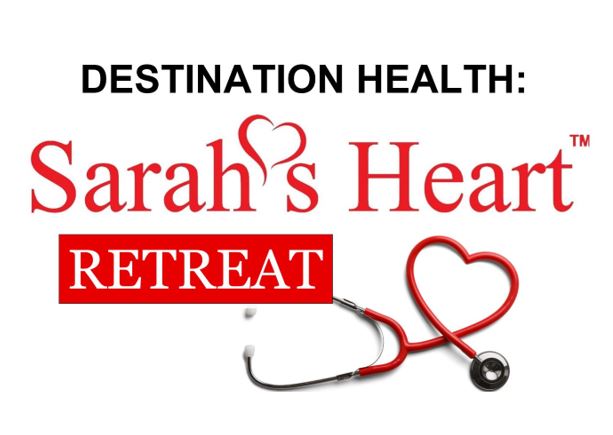
Your Environment Can Change Your Gene Expression – The Emerging Science of Epigenetics
April 19, 2017
Top 5: Are You Inflamed?
April 21, 2017Preserving Your Health = Protecting Our Planet

Chief Seattle is credited with saying that we are all part of the web of life. What happens to one part of the web happens to all. There is no doubt that our planet’s healthy is needed to support human health. Without a healthy planet we will never have healthy people.. According to the millennium report, “Human activity is putting such a strain on the natural functions of Earth that the ability of the planet’s ecosystems to sustain future generations cannot be taken for granted.” Climate change, agricultural industrialization, and the extensive use of synthetic chemicals and plastics impact the health of humanity. Current research links exposure to harmful chemicals and toxins to a number of serious health concerns, including cancer, cardiovascular disease, respiratory disease, infectious diseases, infertility and low birth weight.
There are toxins we know and toxins of which we know very little. Five classes of synthetic chemicals are now banned in the US. The Toxic Substances Control Act (TSCA) gave responsibility of determining the effect of chemical substances and mixtures on human health and the environment to those involved in the manufacture and profit of the substances, rather than an outside, objective agency. Approximately 62,000 chemicals were grandfathered in by the TSCA in 1976.
As a national consensus for change is beginning to seek higher safety regulations, there still needs to be more public information about chemicals. The 1998 EPA Chemical Hazard Data Availability Study found that of the 3,000 U.S. HPV (high production volume) chemicals, a full set of SIDS (screening and information data set) testing was publicly available for only 7% of the chemicals and that no SIDS data were available for 43% of the chemicals. Please make your voice heard for this right to know.
Support Your Liver to Minimize Damage
You can help minimize damage from environmental toxins by supporting your liver, your major organ involved in detoxification. Here are my favorite fruits and vegetables that turn on liver enzymes to enhance this process.
- Artichokes
- Brussels sprouts
- Cabbage
- Basil
- Oregano
- Parsley
- Pinto Beans and red beans
- Oranges
- Tomatoes
- Arugula
- Kale
- Bok Choy
- Mustard greens
I also recommend the following supplements for liver support:
- Milk thistle, 300 milligrams per day
- N-acetylcysteine (NAC), 600 milligrams per day
- Omega-3 (EPA/DHA) fish oil, 1,000 milligrams per day.
As with all supplement recommendations, please consult your healthcare provider.
Check out the environmental Working group website to learn more about environmental toxins at www.ewg.org and remember to support the EPA!
Learn More:
EPA – Chemicals in our community – https://nepis.epa.gov/Exe/ZyPDF.cgi/P10014PT.PDF?Dockey=P10014PT.PDF
Food to support the liver – https://www.huffingtonpost.ca/2012/09/13/foods-for-liver_n_1880715.html
Foods that detox the liver – https://www.globalhealingcenter.com/natural-health/foods-that-detox-the-body/
Milk thistle – https://umm.edu/health/medical/altmed/herb/milk-thistle
NAC – https://www.psychologytoday.com/blog/evolutionary-psychiatry/201201/problems-i-have-nac
Omega 3’s, Essential Fatty Acids and Detoxification – https://info.nihadc.com/integrative-health-blog/bid/36413/Omega-3-s-Essential-Fatty-Acids-and-Detoxification



